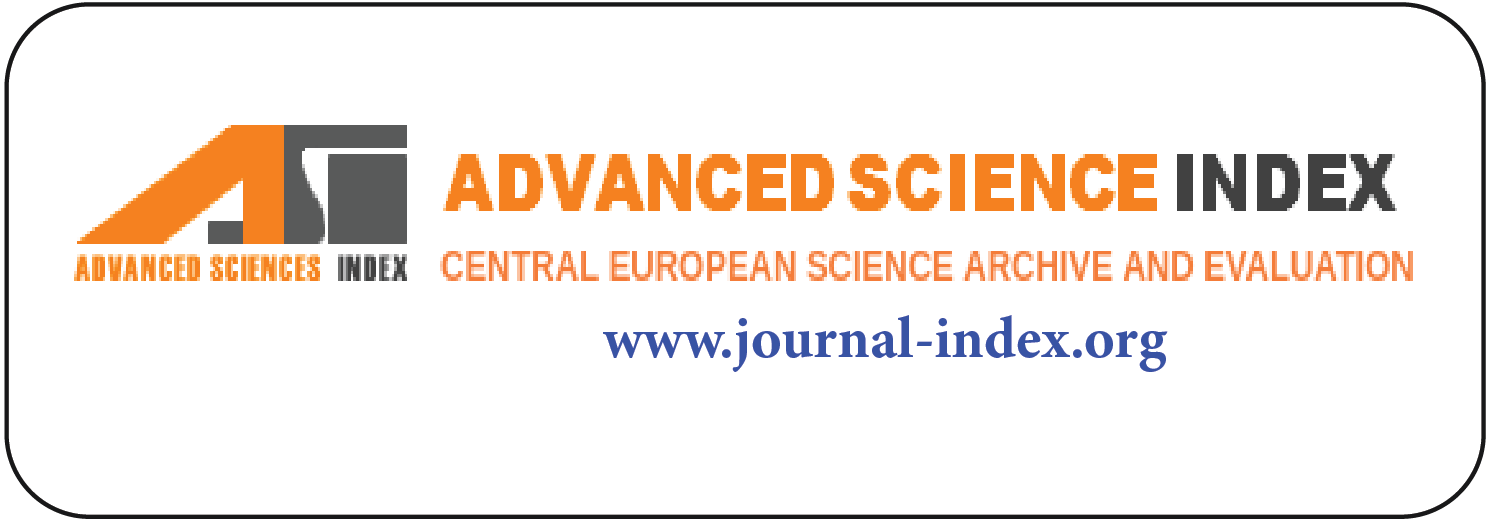Assessment Dietary of Geriatric Male Residing in Old Age Home: A Case study of Udaipur India
DOI:
https://doi.org/10.56868/jadhur.v1i1.6Keywords:
Assessment, Elderly, Nutrients, Recommended dietary allowance, GeriatricAbstract
A human’s life is normally divided into four main stages: infancy, childhood, adulthood and old age. Every year, on October 1st, "World Day of the Elderly" is celebrated all over the world. From 1990 to 2025, the elderly population in Asia has increased from 50% of the world's elderly to 58%. The present study was conducted to assess the health and dietary intake of elderly residents of a nursing home in the city of Udaipur. For this reason, the sample of elderly people aged 59 to 75 were randomly selected. The total sample of the present study was made up of 100 elderly men from nursing homes in Udaipur city. Therefore, the total sample size was 100. Nutrition is considered a fundamental part of the individual or the family. A dietary survey was conducted using the 24-hour recall method to find out the daily dietary pattern and dietary nutrient intake of the elderly (men) selected for the study. The results of the research of the dietary survey show that the diet of elderly men compared to balanced diets was substantially inadequate in cereals 43.75%, pulses 64.25%, roots and tubers 3.97%, green leafy vegetables 10. 38%, fruits 14.76%, milk and derivatives 77.8%, sugar 81 65.12% and fats and oils 99.75%. The food intake of institutionalized older males was lower than the RDA, a significant difference was found between grains, legumes, fruits, roots and tubers, green leafy vegetables, milk and dairy products, sugar and fat, and oil.
Key words: Assessment, Elderly, Nutrients, Recommended dietary allowance, Geriatric
Downloads
Published
How to Cite
Issue
Section
License
Copyright (c) 2022 Khushbu Gurjar, Kusum Mittal

This work is licensed under a Creative Commons Attribution 4.0 International License.
















